The 5 Spot: Reasons to Choose Fair Trade Coffeewritten by Sarah Quallen, Volunteer Writer
Coffee is the one of the world’s most heavily traded commodities, which means world production is huge. It also means that in order to keep up with increasing demand for coffee, farmers were (and still are) growing coffee at a rate that is not sustainable. Yet, sustainability is imperative if we are to continue producing enough coffee to satisfy demands. Fortunately, coffee is also the most rapidly growing fair trade commodity.
Why should you choose fair trade coffee? Here’s five reasons:
1. Buying fair trade coffee supports small farms: Fair trade coffee tends to be grown on smaller farms regardless of whether or not the farm is officially organic. Smaller farms mean that the farmers are usually also the landowners and that more money is going directly to them rather than to corporations. Which leads us to...
2. More of your money goes to the farmers: Fair trade coffee farmers get paid more money per pound of coffee they sell than do conventional coffee farmers. Many fair trade cooperatives use the money gained through fair trade to enrich, support and empower their communities. For example, the Alto Occidente Coffee Cooperative of Caldas (CCAOC) in Columbia—from whom Equal Exchange purchased their first container of coffee in 1995—includes a five cent per pound premium which the cooperative allocates for social programs directed toward women and children, education, environmental preservation and organic farming projects.
3. Fair trade coffee is sustainable: An additional goal of the fair trade movement beyond paying farmers more is to promote sustainable farming. Farmers who belong to a fair trade coffee cooperative are required to use less chemical fertilizer, to prevent erosion, and to protect forests.
4. Purchasing fair trade coffee means “buying into the system”: While most people feel positively about fair treatment, many are not willing to spend the extra money on fair trade products, which means corporations are not promoting fair trade coffee. When more fair trade coffee is purchased, more will be produced.
5. Fair trade standards support human rights: By restricting the number of hours a person can work, ensuring a safe working environment and guaranteeing fair compensation for coffee and labor, fair trade workers are granted a higher quality of life.
*Information for this article was gleaned from Brewing Justice: Fair Trade Coffee, Sustainability, and Survival by Daniel Jaffee and from Making the Food Trade Work for All by Daniel Gonzales, and from Equal Exchange (equalexchange.coop).

